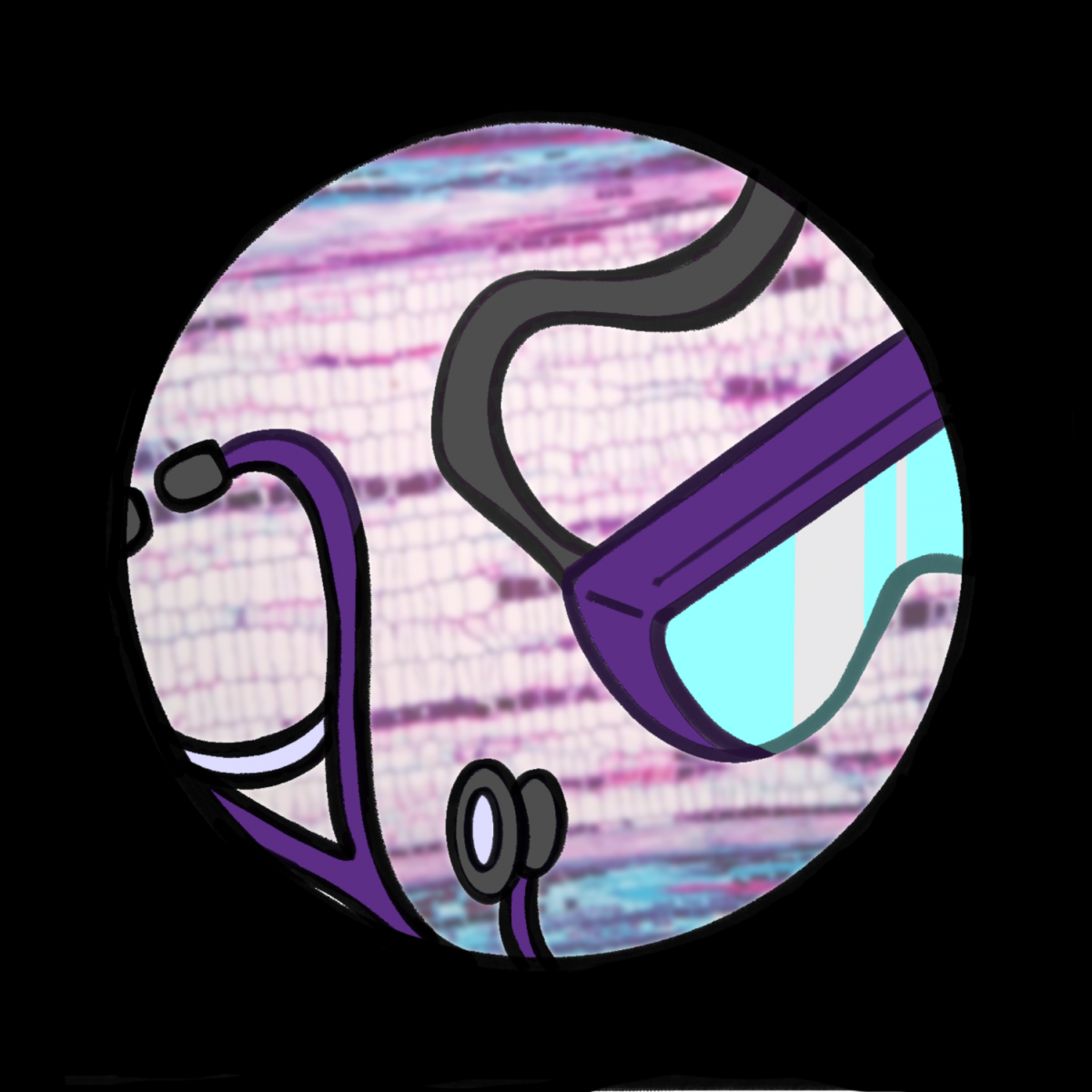In the 120-124 credit hours that Texas State’s pre-medical students must complete to graduate with a bachelor’s in Biology with a Pre-Medical concentration, only three are required to cover social behavior.
The College of Science and Engineering deems one course, psychology 1300, necessary to complete the social and behavioral core component for the pre-medical concentration. But one introductory course does not deliver sufficient information that future doctors should heavily depend on.
Humanities educate students on the human experience through the lenses of literature, language, art, history and ethics. About a fourth of the pre-medical program specifically requires humanities courses, but it is primarily focused on English and history. The program needs to expand that focus to ensure students headed to the medical field have a significant understanding of their future patients and the human decency needed to treat them.
Although both English and history are vital courses for any degree and important components of humanities, pre-medical students deserve to have a larger part of their degree plan behavioral-based. Requiring more psychology and sociology courses, for example, will allow students to obtain a cultural understanding of why people act in certain ways.
By studying human behavior, undergraduates can begin to understand why some patients have trouble taking prescribed medications. It would also educate doctors and nurses on collaborative ways to best provide for a patient on a behavioral level.
The deficiency of such discipline in a field that requires compassion and comprehension of different individuals and cultures is dangerous and can create a gap in pre-med students’ education—a gap that could lead to unprofessionalism toward patients of a different race, ethnicity or religion.
For years, medical school taught students that Black people had a higher tolerance for pain than other races. It is fallacies such as this that likely contribute to Black people having shorter life expectancy than white people. It is likely the reason why Black women are two-to-three times more likely to die from pregnancy-related causes than white women.
Due to pro-white implicit biases, white individuals receive more pain medications, exams and all-around better treatment than their Black counterparts. By requiring more social, cultural and behavioral humanities courses in the pre-med degree plan, students will be better equipped to treat a diverse patient population and eliminate biases that dangerously affect minorities.
Students who aim for medical school predominately have a pre-med major or concentration; however, biology majors have one of the lowest acceptance rates in the field. In comparison, while there are fewer applicants, almost half of those who apply as humanities majors get accepted.
Texas State is failing its students by not requiring them to partake in more behavior-focused human culture studies. Making this change will not negatively affect the scientific education aspect of the pre-medical program; it will only help create more empathetic and patient-focused doctors.
Although medical school applicants are not required to have a minor, some still choose one to improve their chances of getting into medical school. Pre-med students could take the lead in expanding their cultural knowledge by choosing a humanities subject-based minor; however, Texas State recommends adding a chemistry or biochemistry minor, which influences students not to choose humanities.
Individual advising sessions might showcase a more understanding and encouraging environment for students who consider a humanities minor, but the web page degree plan contributes to a narrow mindset. The institution should add a humanities minor as a recommendation, too.
Texas State has its students’ best interests in mind when recommending a minor in biochemistry since it is a significant part of the Medical College Admissions Test or MCAT. Unfortunately, the university often forgets that students need a thorough education, not a convenient one.
Despite limited recommendations and fear of not getting their desired score on the MCAT, which likely motivates students to choose a STEM minor, pre-med students should feel comfortable in exploring their degree plan beyond the science.
U.S. News encourages students to take on a minor such as psychology and sociology to become more insightful on human behavior topics. Texas State should do the same. A non-STEM minor will give pre-med students the opportunity to obtain a well-rounded education concerning society’s complexity.
Texas State has the power to positively influence undergraduates who are pursuing a medical degree. Implementing changes to the pre-medical program will aid in creating better doctors, healthy patients and a just medical system.
– Angela Guerrero is a Journalism and Mass Communications sophomore
The University Star welcomes Letters to the Editor from its readers. All submissions are reviewed and considered by the Editor-in-Chief and Opinion Editor for publication. Not all letters are guaranteed for publication.
Opinion: Texas State’s pre-medical program should include more behavioral-based humanities
August 8, 2020
An illustration of a purple stethoscope and pair of purple goggles seen through the lens of a microscope.
Donate to The University Star
Your donation will support the student journalists of Texas State University. Your contribution will allow us to purchase equipment and cover our annual website hosting costs.

























